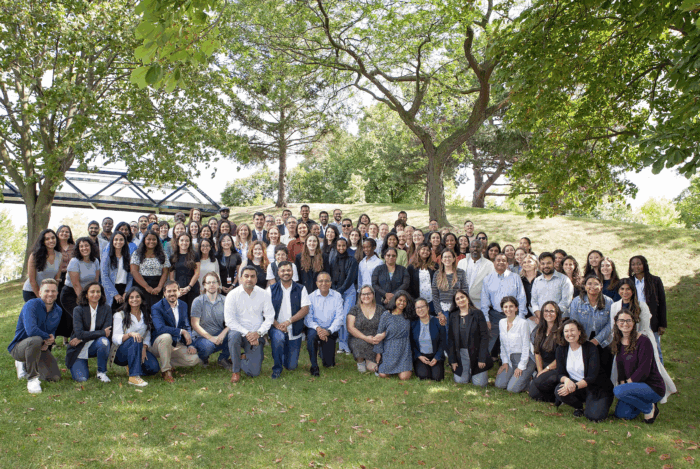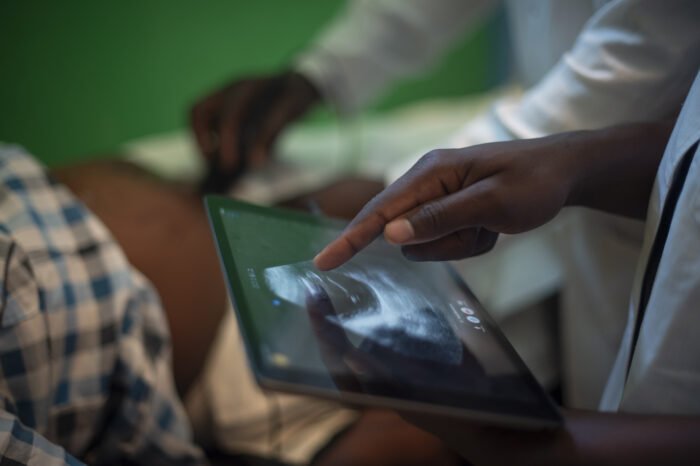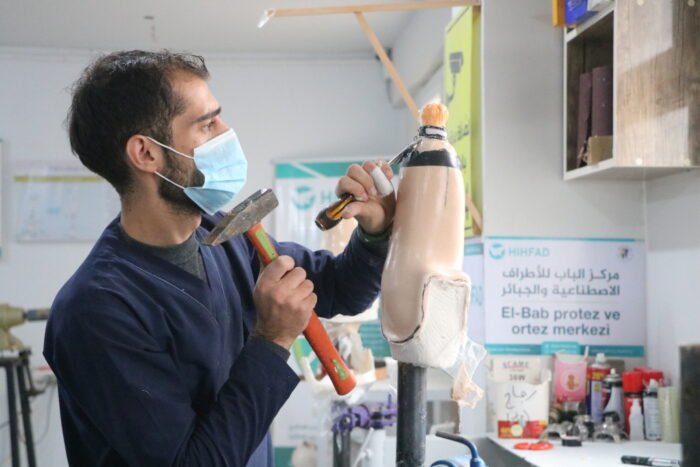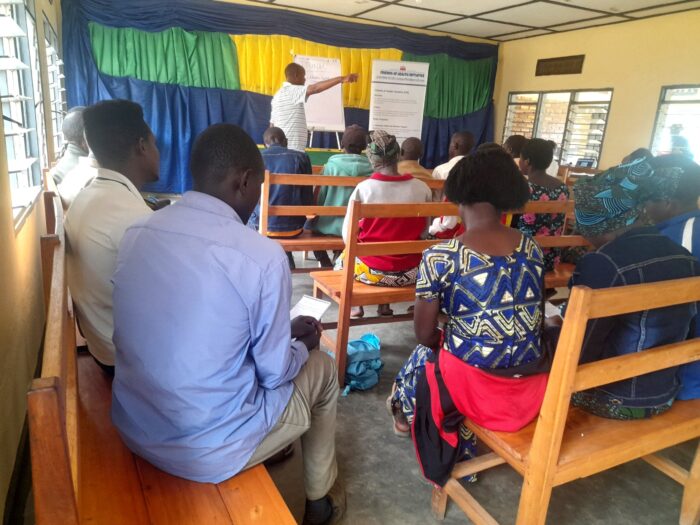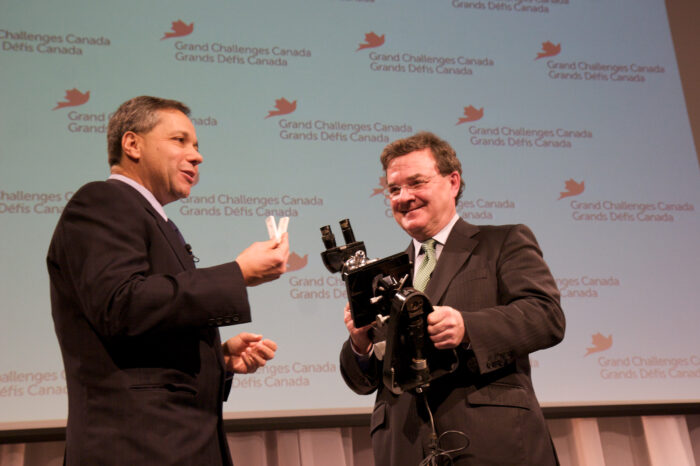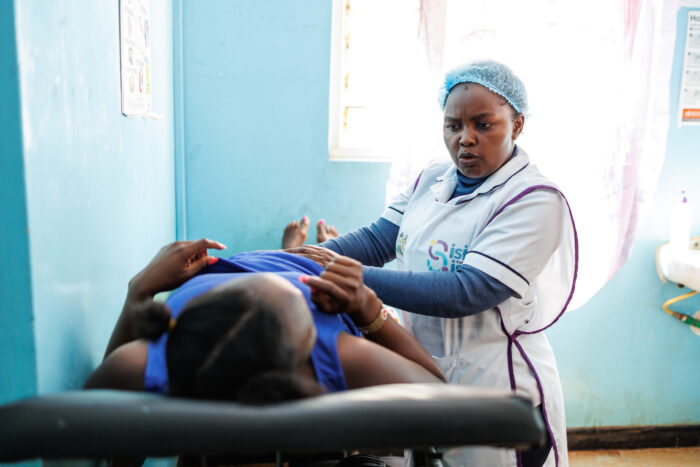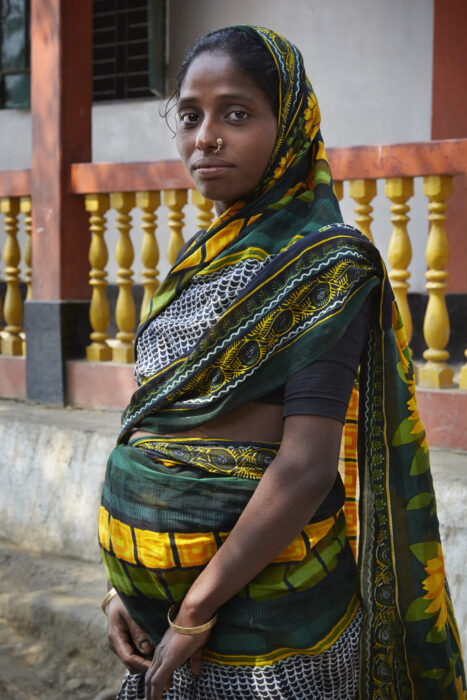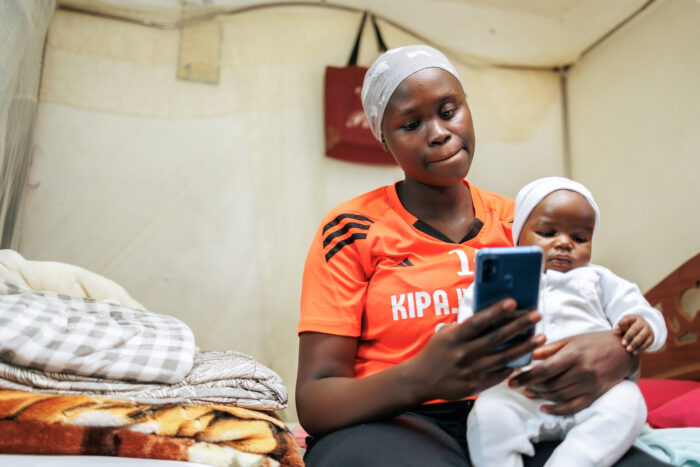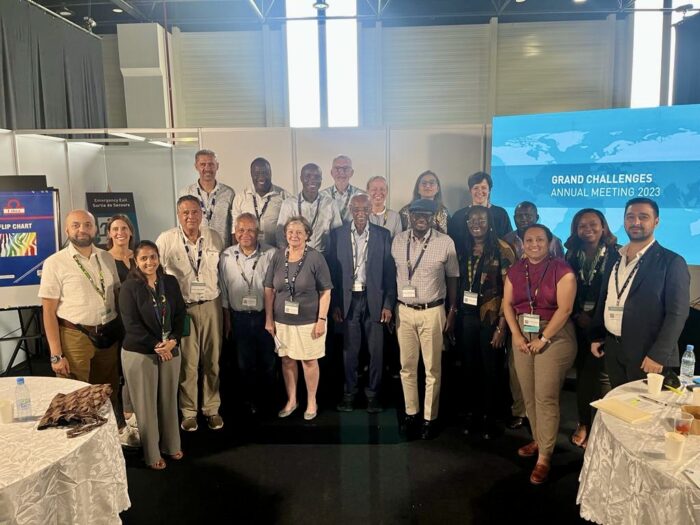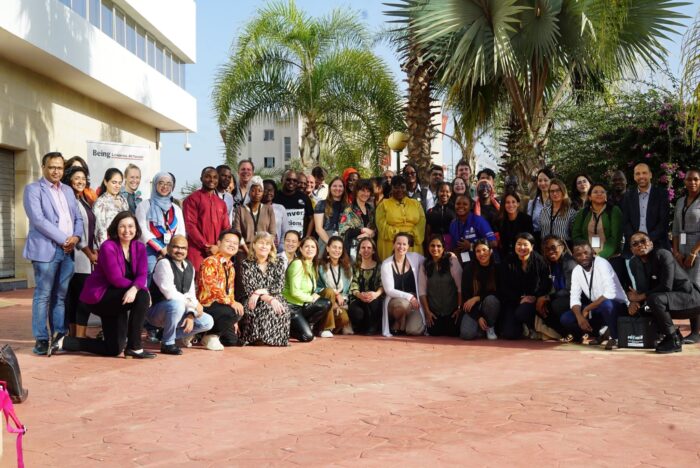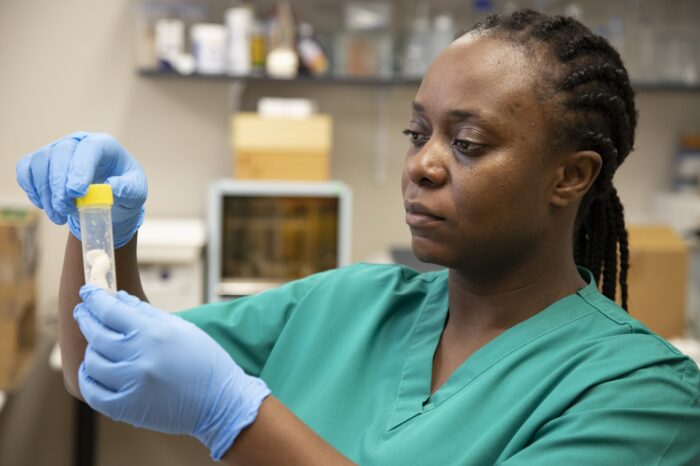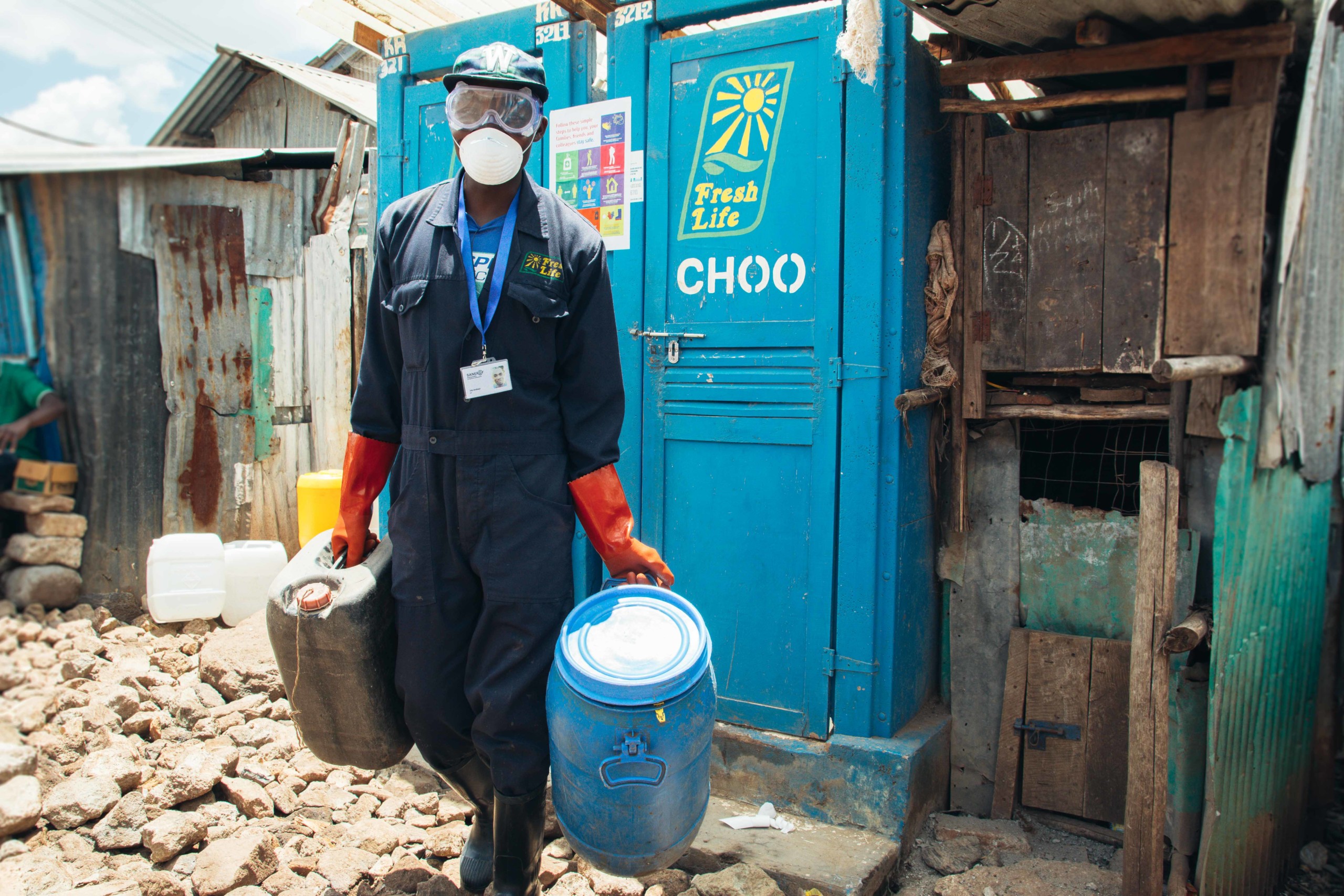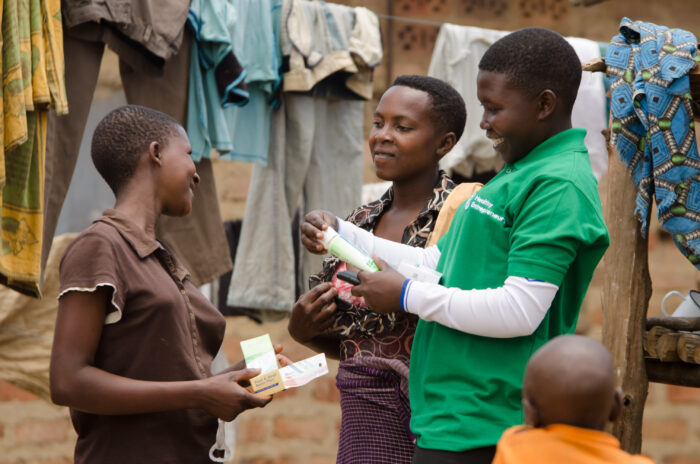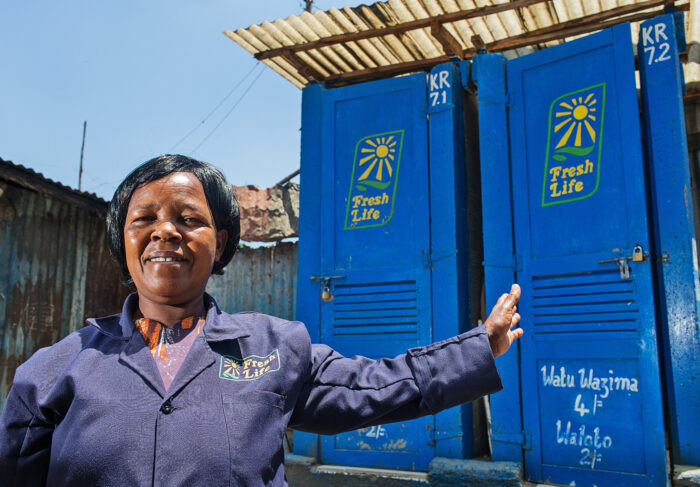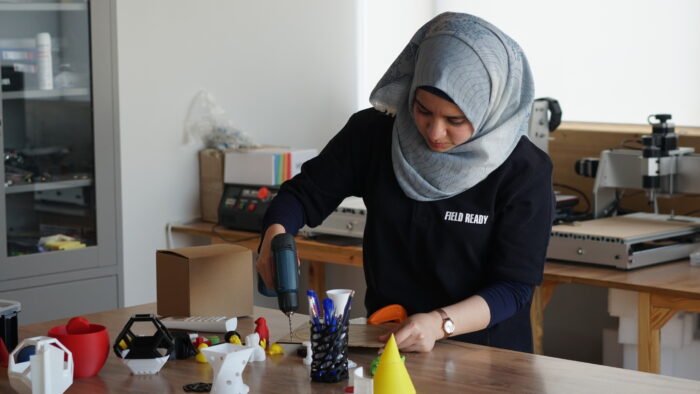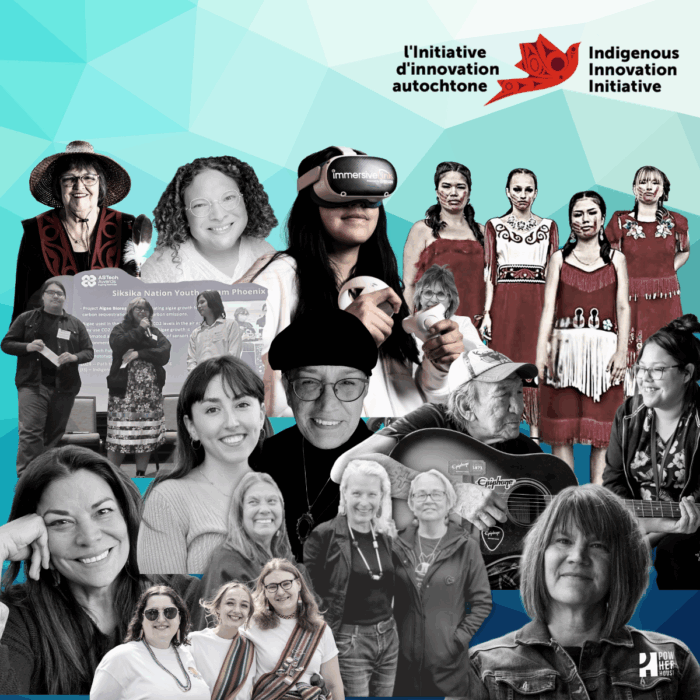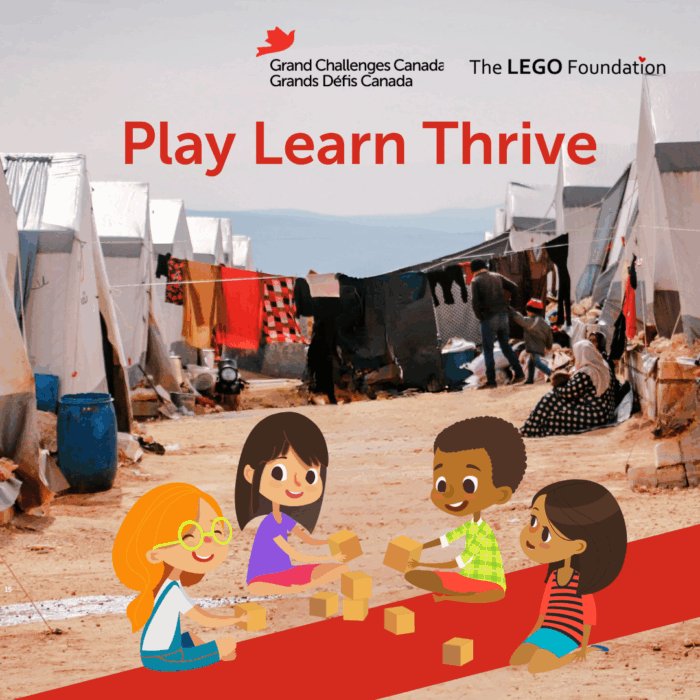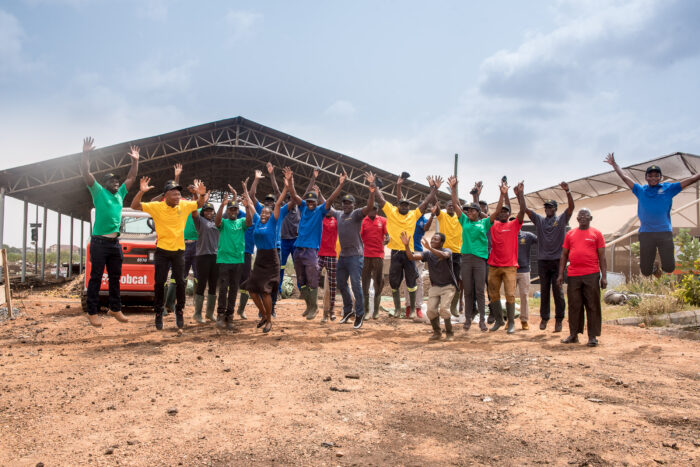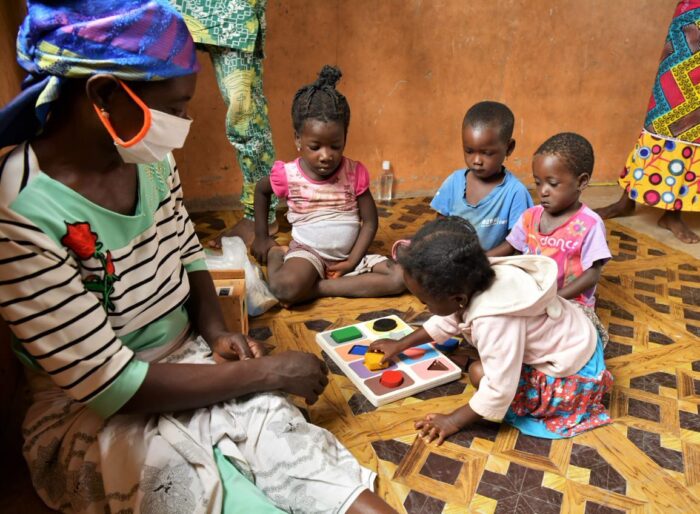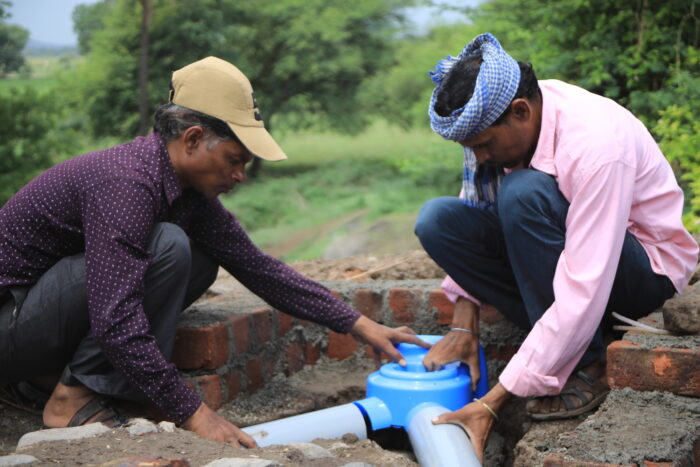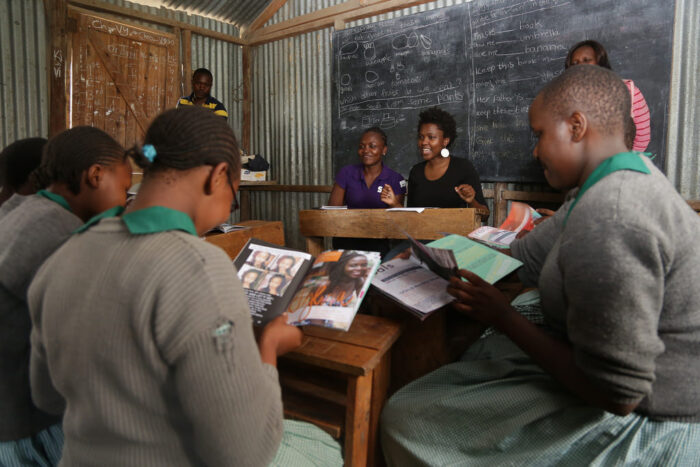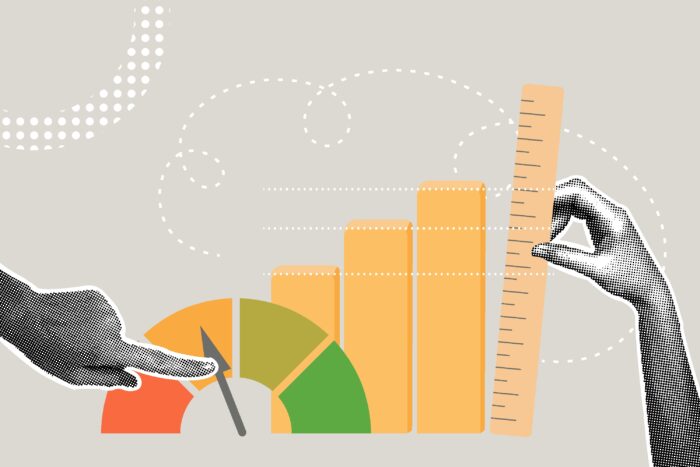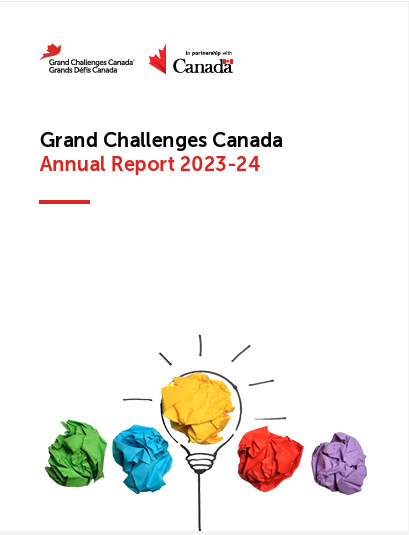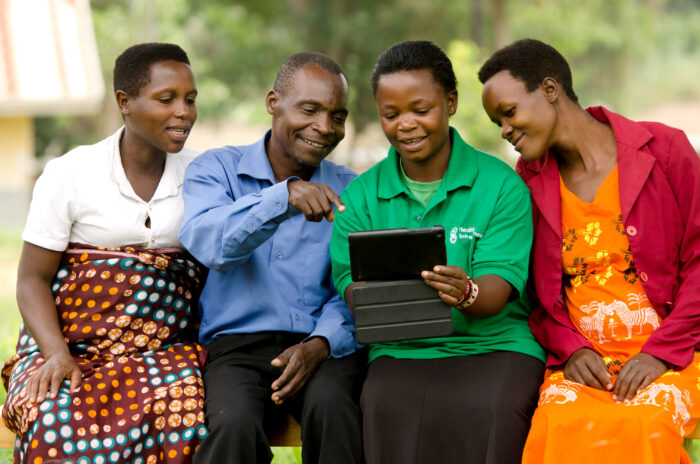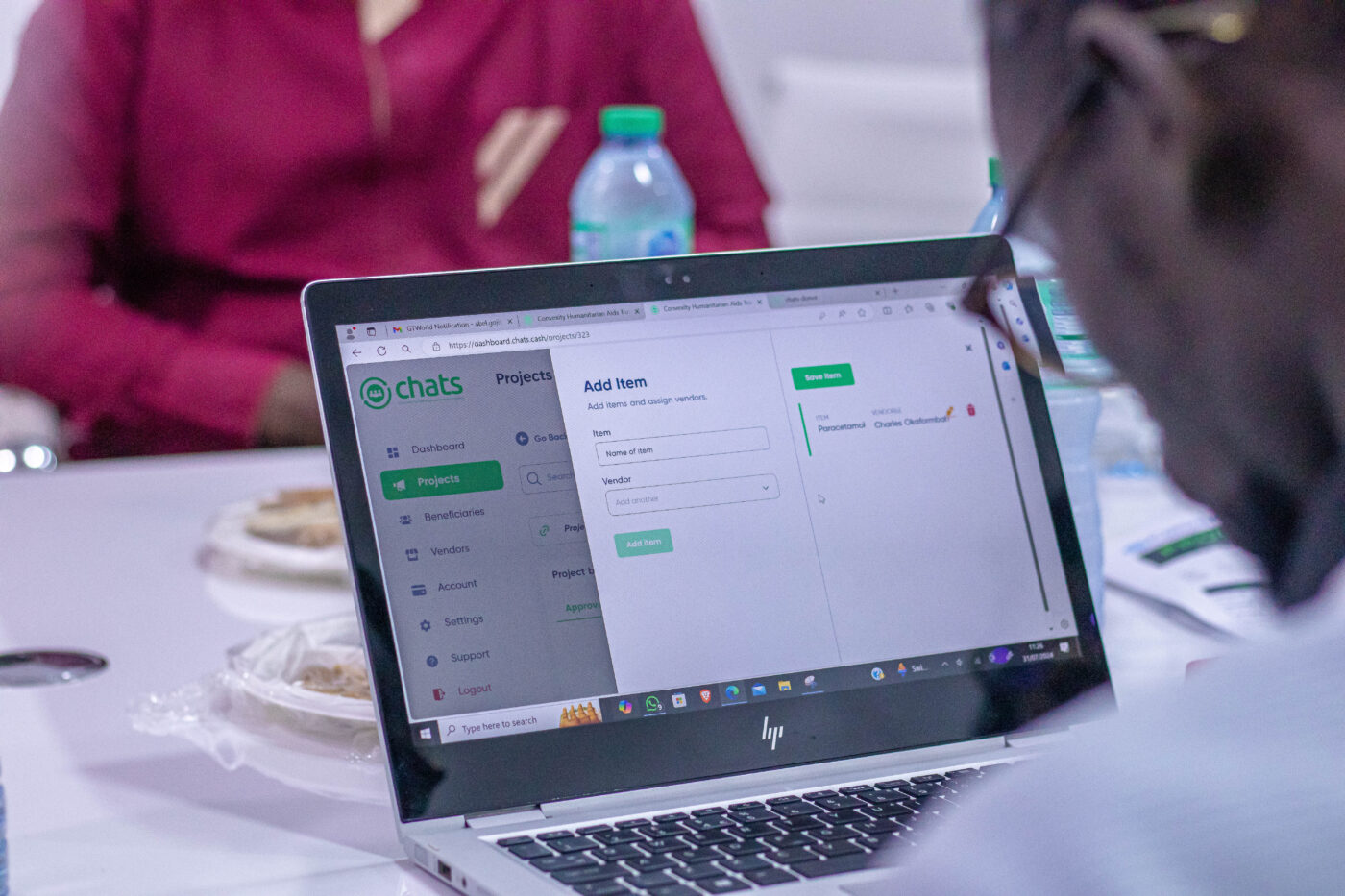In Internally Displaced Persons (IDP) camps across Nigeria, Convexity Solutions Inc. is developing a new platform for delivering healthcare in IDP camps, ensuring families don’t have to choose between feeding their families or seeking healthcare. Banking on the ingenuity of residents, Convexity’s Nigerian team isn’t dropping solutions from an aid pallet; they’re shaping them with the residents who will use it.
Convexity’s work is part of a proof-of-concept initiative focused on health and lifesaving information in four Nigerian IDP camps—Durumi, Malaysian Gardens, Wassa, and Gwada. The pilot is supported by Grand Challenges Canada’s Creating Hope in Conflict: A Humanitarian Grand Challenge, which backs locally led solutions in crisis-affected settings.
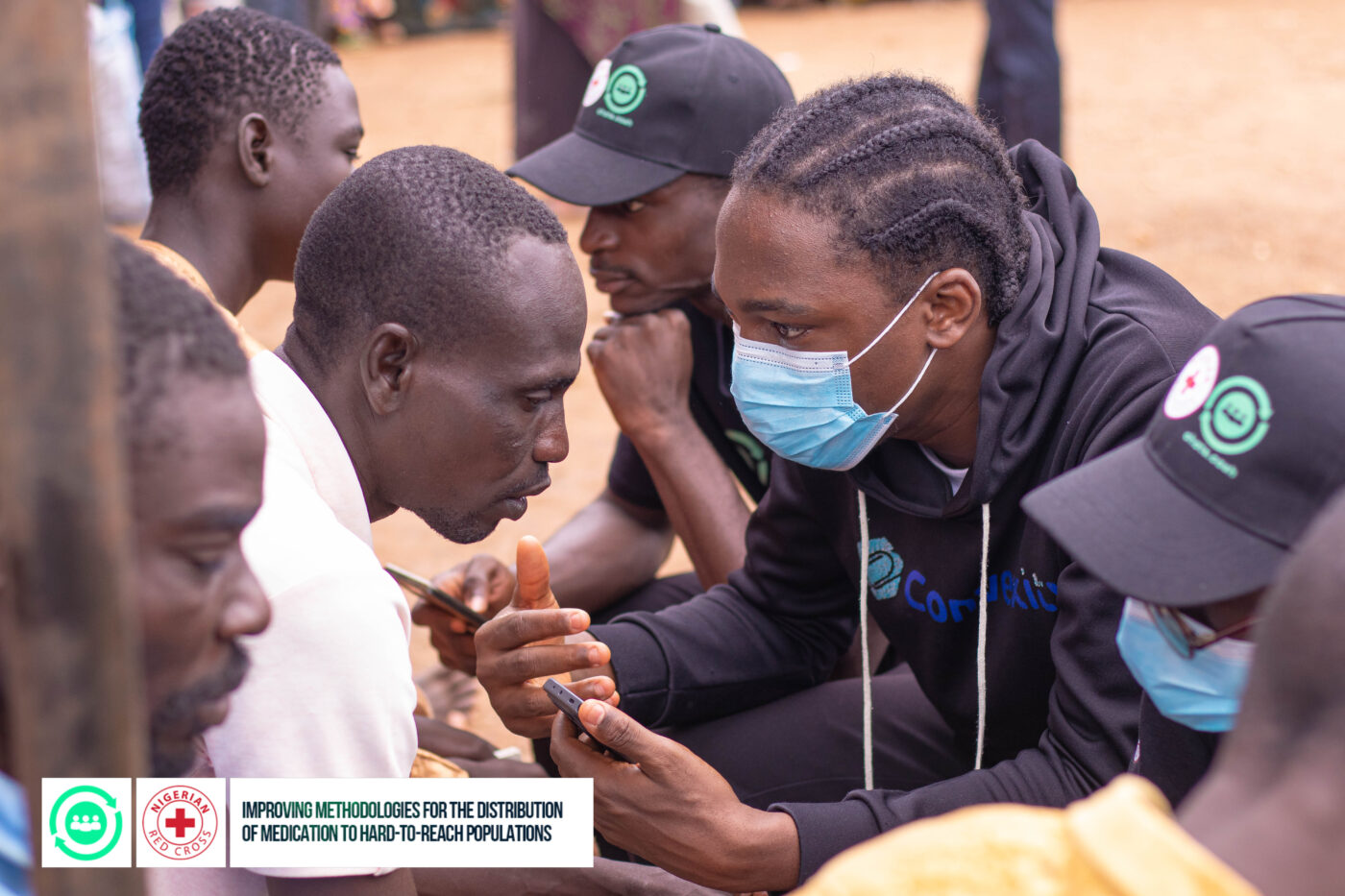
Their solution, CHATS (Convexity Humanitarian Aid Transfer Solution), prioritizes transparency and trust. Built with blockchain, geofencing, machine learning, and offline systems, CHATS allows camp residents to access malaria treatment through pre-funded vouchers, tap-to-pay cards, and mobile payments. Families choose from vetted providers, access treatment instantly, and track healthcare histories. Geofencing ensures diagnoses and treatment stay within the camp.
“We designed CHATS with the people at the center, not just as users, but as co-creators. From the earliest stages, we conducted extensive field research and user-testing directly within vulnerable communities, including IDP camps and rural areas.” – Sandy Om’Iniabohs and Adedeji Owonibi, Convexity
CHATS addresses gaps in secure, trackable malaria care for Nigeria’s 3.6 million internally displaced people prioritizing those who are most at risk: pregnant people and children under five.
What Is Blockchain?
Blockchain is like a digital notebook that keeps a record of every transaction. But instead of being stored in just one place, copies of the notebook are kept in many locations at once. Each new entry (or “block”) is securely locked and linked to the one before it, creating a chain. Because of this setup and strong security, it’s nearly impossible to change the information once it’s been added, making blockchain a safe and trustworthy way to track things like payments or medicine deliveries.
“Since launching, families have regularly approached us during our visits, expressing their relief and gratitude for having access, but more importantly, learning that pharmaceuticals are effective treatments for malaria versus their traditional medications that they had relied on. It’s moments like these that affirm the value of what we’re building.” – Sandy Om’Iniabohs and Adedeji Owonibi, Convexity
CHATS is designed for the realities of IDP camps, accounting for facility closures and supply disruptions. It enables real-time feedback between communities, vendors, humanitarian organizations, and donors. Convexity ensures that communities continue to co-design the platform.
“Innovation driven by local expertise and advanced technology can create meaningful impact in complex settings. Convexity’s pilot gives power back to the people and eliminates the need for intermediaries, setting a precedent for solutions that truly empower communities. By reducing inefficiencies and restoring dignity through direct access to services, this innovation demonstrates a better way forward. Ultimately, I hope this pilot pushes our sector to advocate for more agency for end users, allowing them to be more involved in decision-making and have greater control over their health.” – Adiam Abraham, Program Associate, Grand Challenges Canada
Convexity’s pilot aims to reach 1,000 households with pregnant people and children under five in Nigerian IDP camps. Already, CHATS has:
- Influenced an aggregate 95% decrease in malaria cases in the four camps
- Recorded a 37-65% reduction in malaria-related spending amongst end users.
- Completed the pilot phase, which provided key insights to end-user needs, logistics, and service delivery to refine and scale the intervention.
- Onboarded local healthcare facilities, pharmacies, and 1,000 households in the system
- Trained vendors and families to use NFC cards and the CHATS app
- Received national ethics approval and secured sign-off from IDP camp supervisors
- Held malaria education workshops across four IDP camps
The pilot is funded by a $250,000 proof-of-concept investment from Grand Challenges Canada’s Creating Hope in Conflict: A Humanitarian Grand Challenge portfolio, which supports local solutions in conflict-affected communities. Convexity is a tool that works because of the people who shape it.
The Convexity team is in conversation with global NGOs and national partners to expand across West Africa, and momentum is building. They recently received the Stellar Build Prize ($124,024), which will help refine the platform and support a $300,000 voucher distribution initiative in new geographies. Moving forward, they plan on expanding beyond malaria to treat other highly prevalent illnesses.
At its core, CHATS is built on accountability and is embedded with care. With every transaction recorded, verified, and unalterable, communities can rely on timely, traceable care they can trust.
